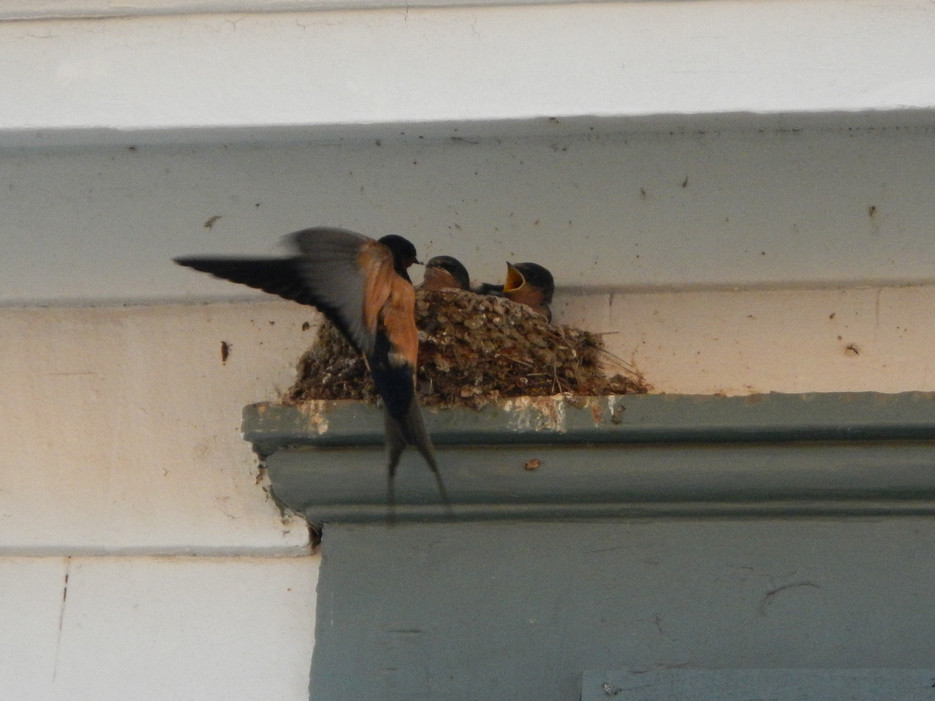Please add the schema tags below
What Pest Birds are Protected?
Pest birds can become a costly nuisance to property owners. Some people have resorted to lethal means to eliminate their bird problem, but they don’t realize that doing so could be a violation of state and/or federal law. Many migratory birds are protected from harm by these laws and heavy fines have been levied against violators. Currently, there are only three birds that are not federally protected: Feral pigeons, European starlings and House sparrows. Protected species can’t be killed or injured without a hunting permit. Specifically, birds like Canada Geese, swallows, woodpeckers and gulls are protected by the following acts.
Migratory Bird Treaty Act (MBTA)
The Migratory Bird Treaty Act (MBTA) was enacted in 1918 to protect many migratory bird species that are valued as a source of food or in their ability to eat harmful insects. Many migratory birds were being hunted simply for their fashionable feathers. The goal of the MBTA was to place certain birds under its umbrella of protection based on their migratory habits and not their population size. Hundreds of species of birds are covered. Unless a permit has been issued from the U.S. Fish and Wildlife Service, migratory birds are protected from hunting, trapping, and killing.
Endangered Species Act (ESA)
The Endangered Species Act was enacted in 1973 to protect birds that are so depleted in numbers that they may face extinction. Its goal is to preserve a species' esthetic, ecological, educational, historical, recreational, and scientific value to the Nation and its people. The ESA provides broad protections for endangered species, including protection from hunting and trapping, and certain indirect harms, such as habitat modification and destruction.
Passive Measures & Hunting
The MBTA and ESA do allow for passive measures of bird control, such as humane deterrent and repellent measures and devices. It also allows for modifying or degrading land that is part of a migratory bird habitat. In addition, the Fish and Wildlife Service issues permits to allow game waterfowl hunting, and for the culling of migratory birds that cause damage to crops, or if the birds impact other economic interests.
The Humane Solution: Bird B Gone
Bird B Gone offers a number of deterrents and repellents for keeping pest birds away from buildings, structures and wide-open areas. If you’re unsure about which product would work best for your specific situation, Bird B Gone has over 80 years of combined experience in the field of bird control. We can help you with product selection, installation and cleanup. Just call us at (888) 570-0360 for a catalog, pricing, or product samples or email us at nobirds@birdbgone.com. We also work with a network of authorized installers, call today for a trained bird control professional in your area.

